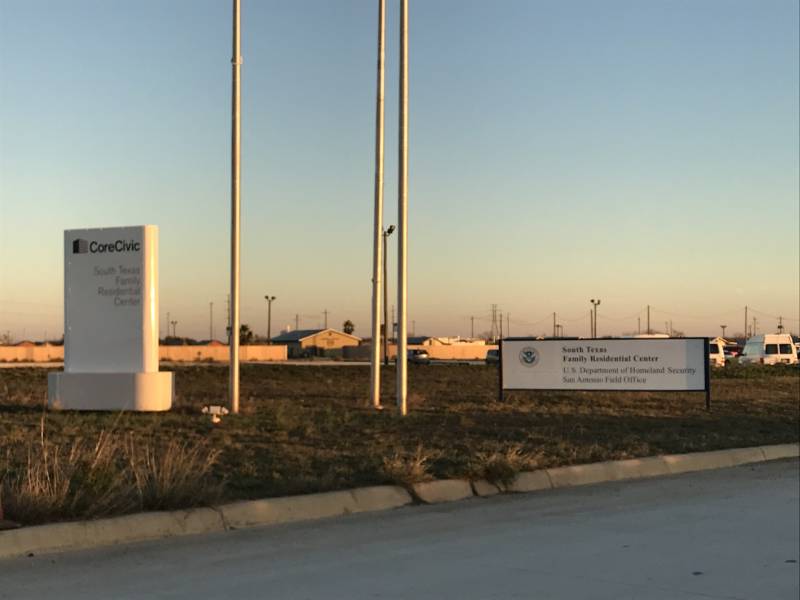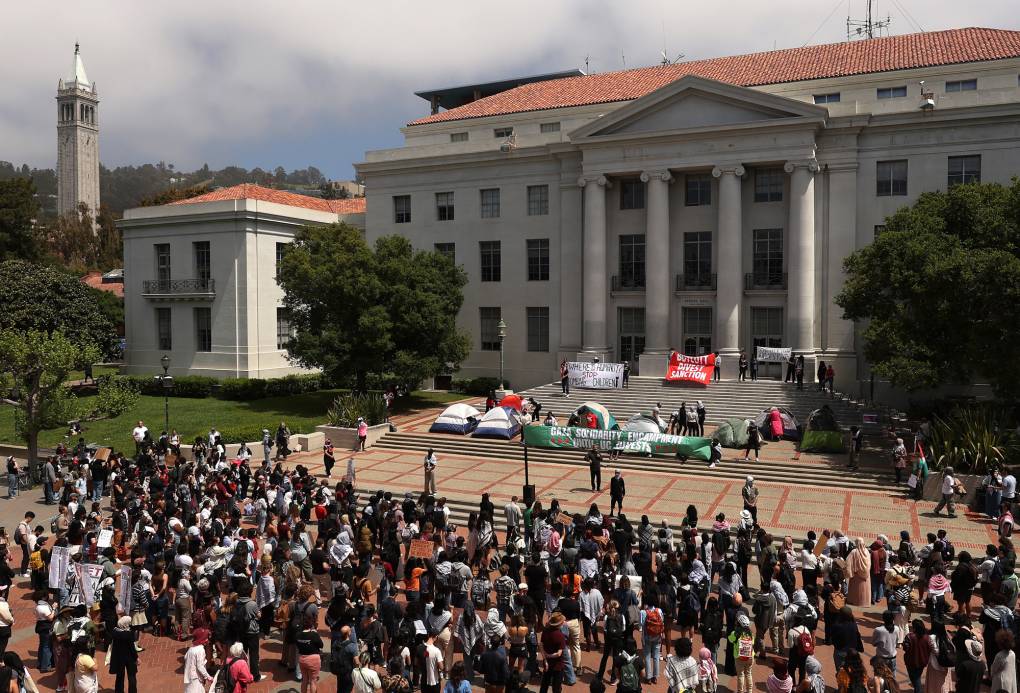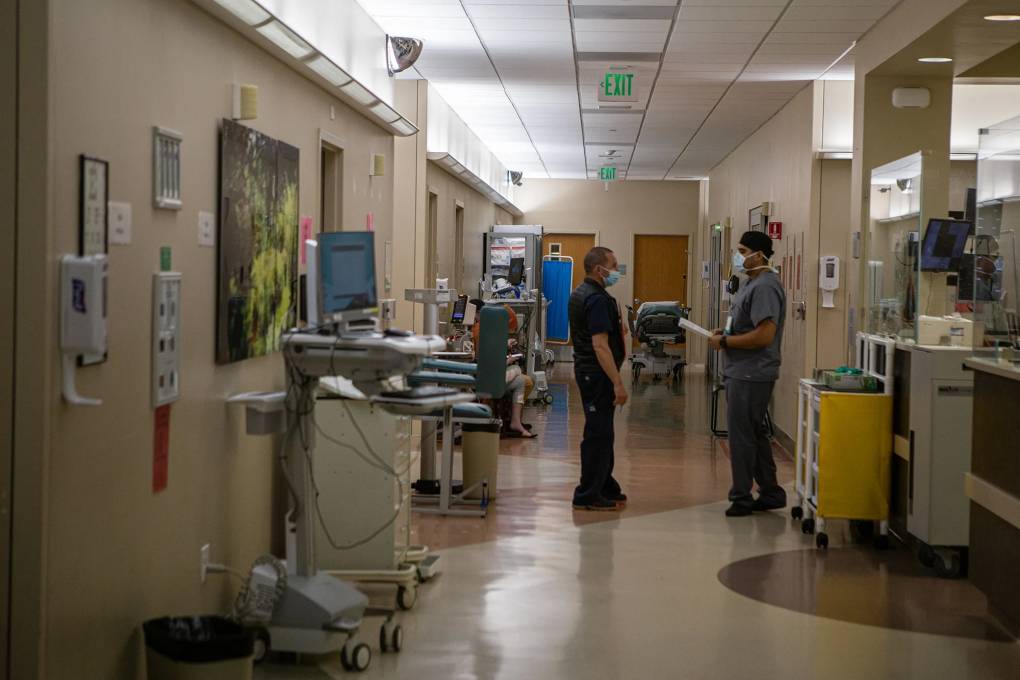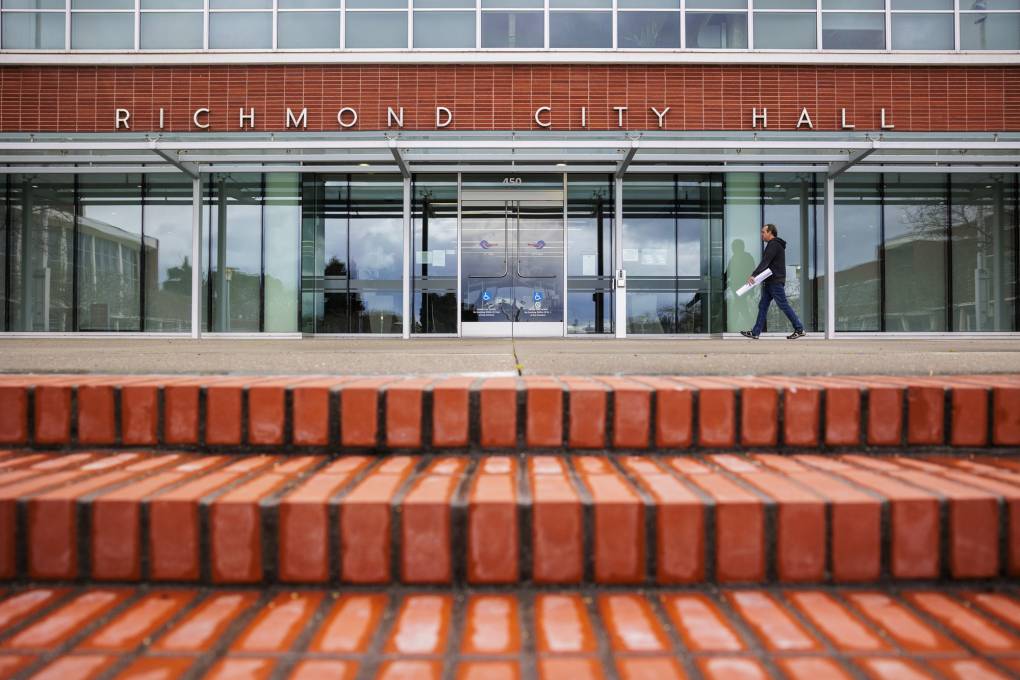Updated Tuesday, March 31, 12:20 p.m.
With four children in immigration custody diagnosed with COVID-19, a federal judge in Los Angeles has ordered government officials to swiftly release the nearly 4,000 migrant children in their care.
U.S. District Court Judge Dolly M. Gee issued an order Saturday evening that the Trump administration should “make every effort to promptly and safely release” migrant children from government custody. Gee said by April 6, federal officials must report to the court on their efforts to release children and reunify families.
The order came after a request from attorneys who, for more than 20 years, have represented children in immigration custody under a consent decree known as the Flores Settlement Agreement. Gee oversees compliance with the longstanding settlement, which protects the rights and the welfare of detained children.
“We are relieved for thousands of detained children that the court has intervened to keep these children as safe as possible during this COVID-19 health crisis,” said lead plaintiffs’ attorney Peter Schey, with the Center for Human Rights and Constitutional Law in Los Angeles. “Judge Dolly Gee’s order that the government must promptly release all children to available sponsors may save children’s lives.”



